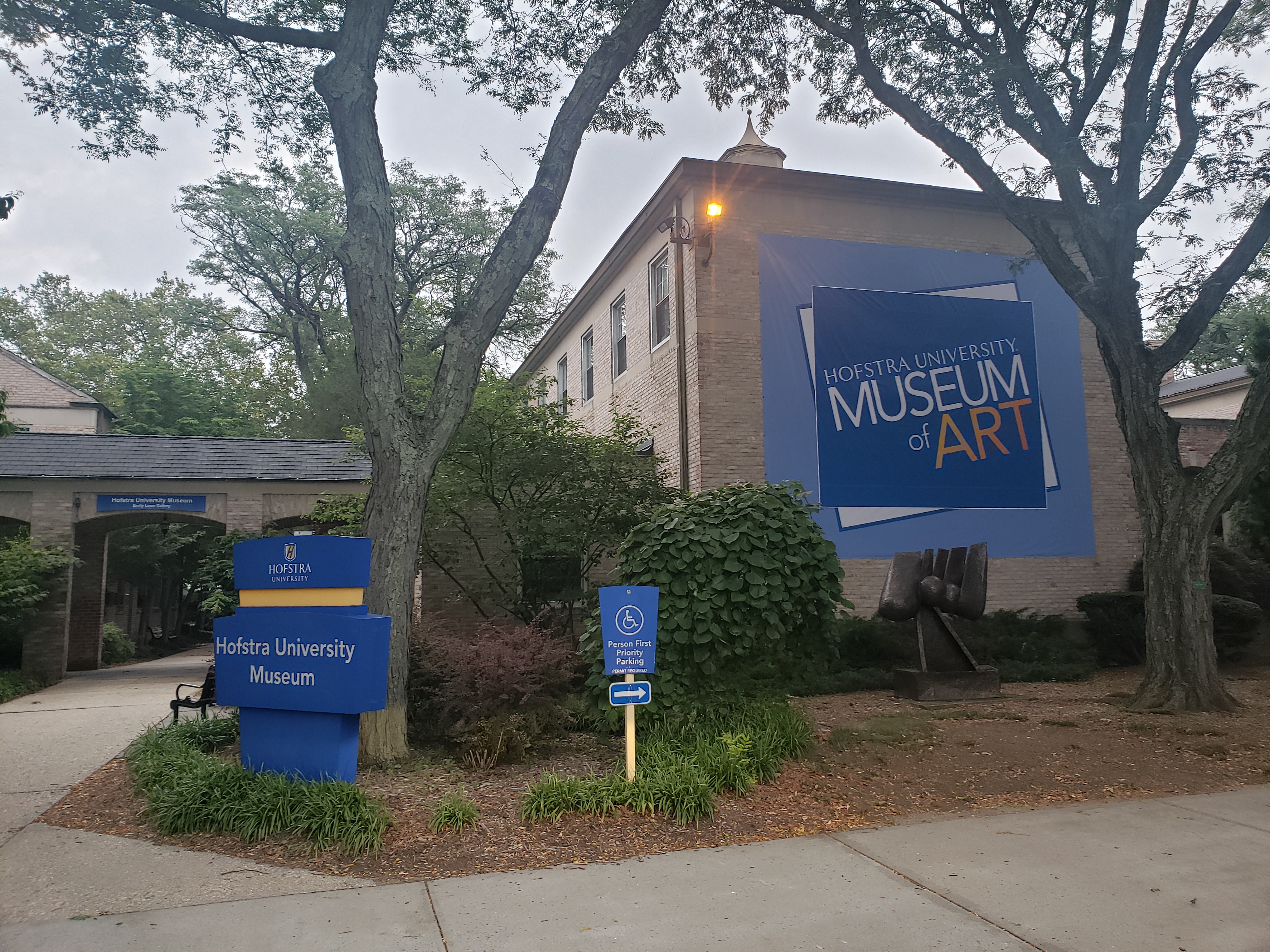By Bill Krol
Making plurals of nouns in English is relatively easy (compared, for example, to German, in which nouns can be pluralized in several different ways). Generally, we add some variety of “-s” to a singular noun.
For words ending in a consonant, we tack an “-s” onto the end of the word.
John knew the robot apocalypse was upon him when he awoke that morning and realized he had not one toaster, but several toasters.
For words that end in an “s” or an “s” sound, we add “-es.” (If the word already ends with an “e,” then we simply add the “s.”
John asked Mary if he could give her a kiss. Mary provided her informed consent and told John that yes, he could, in fact, give her many kisses.
When their child started criticizing their grammar, they assumed it was a phase. It was to be one of many such phases.
For words that end in “o” where the penultimate letter is a consonant, we add “-es.”
Homer wrote The Iliad and The Odyssey, which detailed the adventures of the hero Odysseus. Odysseus is one of many Greek heroes.
(If you decide you want a sub for lunch, never, ever eat at a restaurant that advertises its “heros.”)
Words ending in “y” can be a little tricky. If the letter preceding the “y” is a vowel, then we just add an “s”; if that letter is a consonant, the “y” goes away and is replaced by “-ies.”
Monkeys like to eat cherries. (Not monkeies like to eat cherrys.)
The “y” rule does not apply when the noun is a family name:
The Kennedys of Massachusetts have been involved in politics for decades.
The Daleys were mayors of Chicago.
(Never use an apostrophe “s” to indicate multiple members of a family: The Johnsons, not The Johnson’s. In fact, never use an apostrophe “s” to indicate any type of plural.)
And that’s all you need to know about making plurals in English. Except not.
Why? Because of English’s habit of absorbing words and rules from other languages. Remember how glad we were that English didn’t pluralize nouns the way German does? Well, sometimes it does. Old English (which was spoken in the British Isles from roughly A.D. 500 to 1100) derived from Germanic languages. Therefore, it adopted some of the pluralizing conventions as German such as adding “-en” to singular nouns. Today, there are just a few nouns we pluralize by adding “-en.”
Farmer Ted had several oxen, not several oxes. He and his wife were fruitful and multiplied; they had many children, not many childs.
We can also thank Old English for mutant plurals (no, they’re not the X-Men of plural nouns). Mutant plurals change sound when they pluralize. (If you’re really interested in learning how mutant plurals developed, check out this YouTube video from Khan Academy: http://bit.ly/MutantPlurals.)
There are only a handful of words that form plurals by changing sound: one tooth, several teeth; you have a right foot and a left foot but two feet; the Cratchits cooked a goose for Christmas dinner, but if they could have afforded it, they might have made two geese; if you give a mouse a cookie, your house might get infested with mice.
Many words in English have their basis in Latin or Greek, so for some of those words, we follow the rules of the root language to form their plurals, rather than adding some form of “-s.” You might keep a cactus garden, which contains many cacti; one larva but many larvae; one fungus but several fungi.
And then there are the nouns where the singular and plural forms are the same. These are often collective nouns for animals: so Dr. Seuss can write, “one fish, two fish, red fish, blue fish” (and we know he’s talking about more than one fish); or one deer will eat the plants in your garden or many deer might romp through your property.
As with most “rules” in English, there is no consistency, so the only way to remember how to make plural nouns in English is to learn each form. (Editor’s Note: Or, keep a copy of this article posted near your computer!)
William Krol is the communications manager at the Guide Dog Foundation for the Blind and America’s VetDogs and a freelance copy editor. He can be reached at wmkrol@yahoo.com. This is one of his series of columns about English and grammar. There may be many such series.






